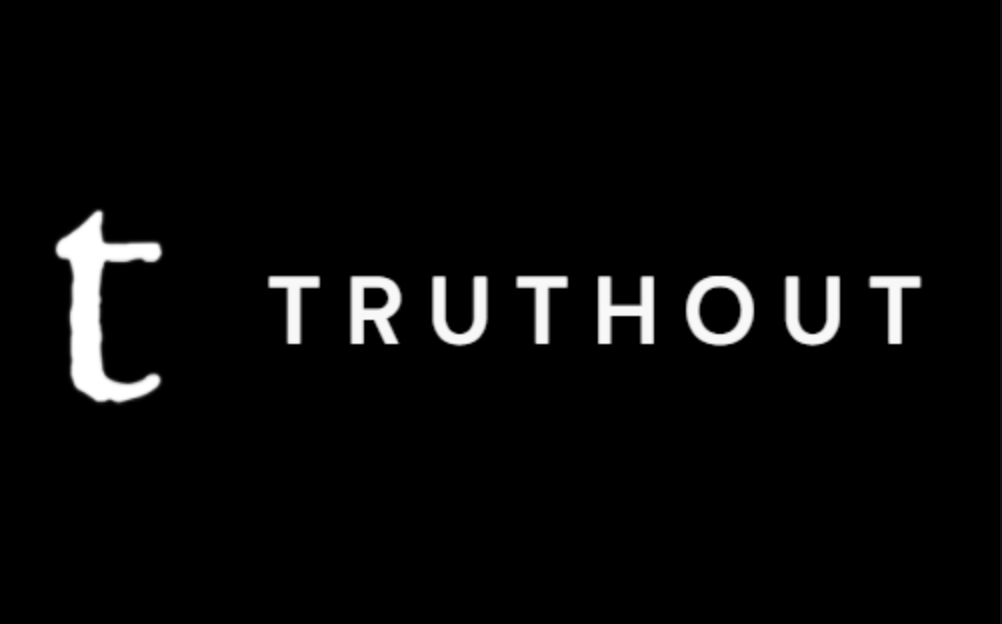
By C.J. Polychroniou
Truthout
The ongoing war in Ukraine does not bode well for the future of peace and sustainability on planet Earth. As Noam Chomsky said in a recent interview for Truthout, “We are at a crucial point in human history. It cannot be denied. It cannot be ignored.” The latest report by the Intergovernmental Panel on Climate Change (IPCC), released on February 28, spells out the dire consequences of inaction to human-induced climate change. So, where do we stand in the fight against global warming? Is the Green New Deal project making inroads?
In the interview that follows, two leading climate activists — Margaret Kwateng, a national Green New Deal organizer at Grassroots Global Justice Alliance, and Ebony Twilley Martin, co-executive director of Greenpeace USA — discuss the significance of the Green New Deal project and its potential power as a transformative policy for saving the planet and creating a more fair and just social order.
C.J. Polychroniou: What would achieving the Green New Deal look like, and can it be accomplished in the next decade given the current political climate in the U.S.?
Margaret Kwateng: We are living in a moment where nearly all of our lives are being deeply impacted by the climate crisis — especially frontline communities around the world. From extreme droughts to floods, hurricanes, tornadoes and wildfires, whole communities are being devastated. The IPCC just released its latest global assessment of climate impacts that proclaimed the climate crisis is happening now, faster and more intensely than we expected. People are more aware than ever of the urgent need to stop the burning of the planet. The colliding crisis of climate change and the global pandemic has demonstrated that tragedies do not happen in a vacuum; rather, a crisis in one sector has ripple effects throughout our economy and touches on numerous parts of people’s lives. The real solutions to the climate crisis require a transformation of the extractive economy (away from fossil fuel and other resource extraction, labor exploitation and corporate profiteering) that has brought us to this breaking point.
We envision a decade of the Green New Deal because we know this scale of global crisis will require more profound change than we have seen in years. Our movements are stepping forward with a vision and a demand focused on the reorganizing of our economy to center life and well-being.
In this way, the Green New Deal is not one law or policy. The Green New Deal is a whole set of transformative policies that are able to address multiple crises at once. The THRIVE Act, which the Green New Deal Network (GNDN) worked with congressmembers to introduce in 2021, called for a $10 trillion investment to mobilize our economy and confront climate chaos, racial injustice and economic inequality. This is the floor of what is required to confront these crises, not the ceiling.
A realized Green New Deal would grow union jobs in renewables; build affordable housing and expand clean accessible public transportation; divest from brutal systems like prisons and the military; and invest in community infrastructure. The goal is not to simply regenerate the fabric of our society but to also create a national community that values the essential labor of care workers like domestic workers, home care workers and teachers; actualizes justice for communities that have long been left behind; and reduces the ripple effect when global, local or personal crises strike.We need to divest from the billions of dollars going to war and violent policing of our communities, and redirect investment to renewable energy, clean transportation, affordable housing and the care sector.
Our current conjuncture of overlapping crises — continued pandemic, climate chaos, chronic racial injustice, democracy under attack and escalating militarization — poses both turbulent terrain to pass bold visionary policies and also the ripe opportunity for intersectional solutions that address these crises together. We need to divest from the billions of dollars going to war and violent policing of our communities, and redirect investment to renewable energy, clean transportation, affordable housing and the care sector.
Our work is not to accept the intransigence of our governments and obstructionist politicians, but to shift the political landscape entirely by demanding the full scale of what we need to survive and to offer an irresistible vision of a future in which we all thrive. That is the power and potential of our movements mobilized together behind a truly transformative Green New Deal.
